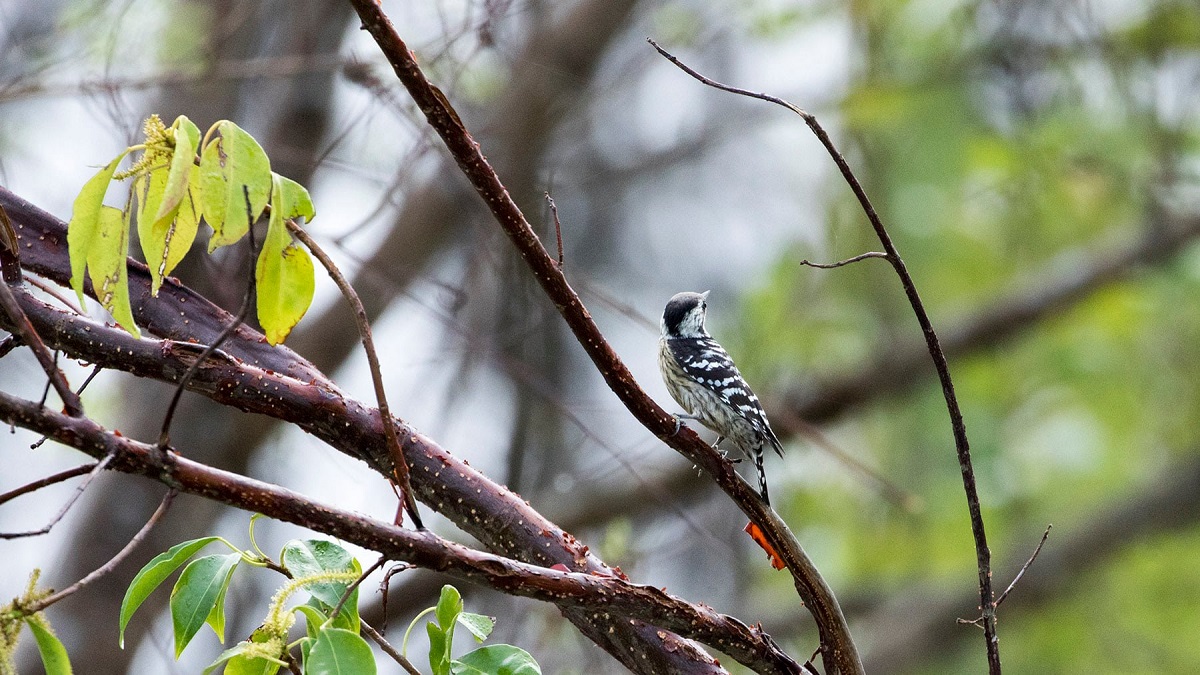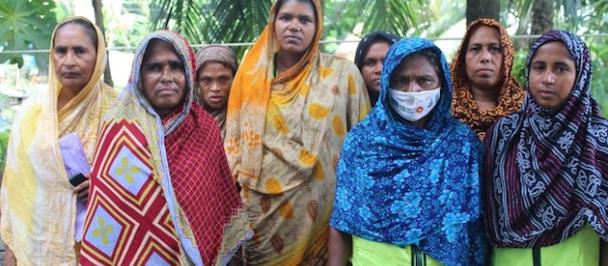© UNDP Bangladesh/Emdadul Islam Bitu
The article was first published in BSS News. Click here to read the original publication.
While green measures have lower costs than human-made solutions to deal with climate change impacts, a mangrove reforestation project helps strengthen resilient to climate change in Bangladesh, according to a global report.
The State and Trends in Adaptation Report 2020, released recently for the first time by the Global Center on Adaptation, says protecting and restoring green ecosystems, such as forests and wetlands, can harness the power of nature to complement gray infrastructure, such as dams and seawalls.

“Green measures often have lower costs than human-made solutions,” the report revealed, mentioning that one example in Bangladesh involves reforesting coastal greenbelts while developing floating vegetable farms and fish cultivation.
The Integrating Community-Based Adaptation into Afforestation and Reforestation (ICBA-AR) project in the Bay of Bengal, Bangladesh, was initiated by the United Nations Development Programme (UNDP) in 2015.
It aims to reduce the climate vulnerability of community of communities and increase species diversification. Coastal greenbelts are resorted with mangrove forests and floating vegetable gardens and fisheries are being developed, the report says.
The objective of the programme is to reduce climate vulnerability of local communities through participatory planning, community-based management, integration of climate resilient livelihoods and diversification of species in afforestation and reforestation programme.
The initiative was introduced a year after cyclone Sidr in 2007, prompting Bangladesh to shift its focus from disaster-risk reduction to climate adaptation. In 2010, the Bangladesh Climate Change Trust Fund and Bangladesh Climate Change Resilience Fund were established to provide finance to community-based adaptation and environmental infrastructure projects, among others, the report added.
Mahmud Hassan, an additional secretary of the Environment, Forest and Climate Change Ministry and ICBAAR national project director, said he is highly pleased to see the progress impact highlighted in such a global report.

“The ICBAAR has developed the adaptation capacity of the most vulnerable forest dependent communities and involved them in guarding the forest,” he said, adding that although the project aimed to provide diversified livelihood for 10,500 families, it actually benefited at least 500,000 families in the coastal regions either directly or indirectly.
“The success of these innovative, climate resilient, ecosystem-based livelihood activities of the programme has been appreciated internationally,” Hassan said.
Bangladesh is one of the most climate vulnerable countries in the world. The country frequently faces climate change-induced natural disasters like cyclone, flood, and storm surge.
Around 35 million people, who are living in 19 the country’s coastal districts, are at the highest level of climate risks.
Experts predict that due to global warming, about 10 to 15 percent of the country’s land could be inundated by 2050 and over 25 million people would be displaced from the coastal districts.
To reduce vulnerabilities and hazards of such extreme weather events, UNDP initiated the four-year project titled ‘Integrating Community-based Adaptation into Afforestation and Reforestation (ICBA-AR) Programmes in Bangladesh’.

 Locations
Locations


